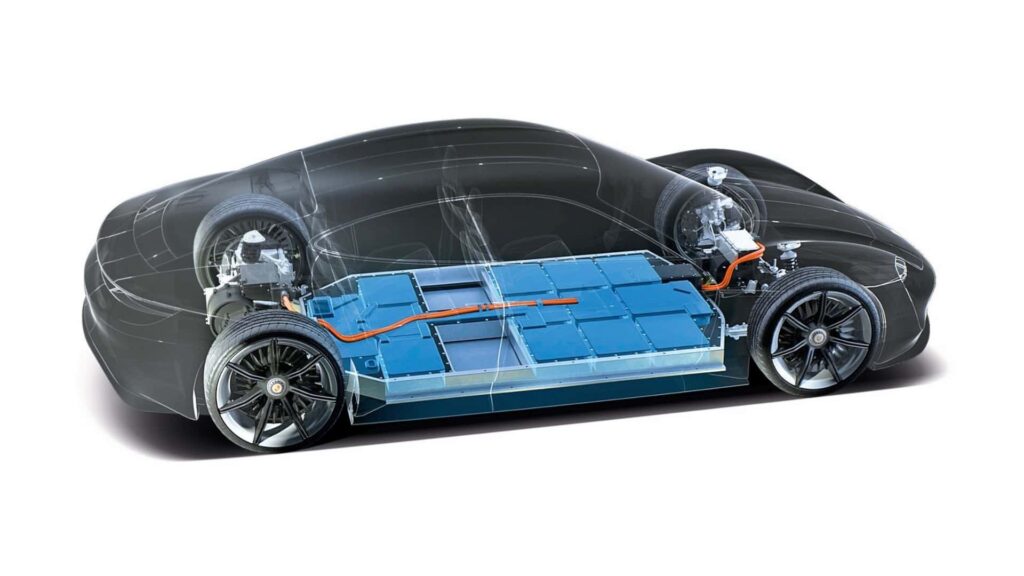Porsche has decided to halt its plans to manufacture high-performance electric vehicle batteries due to a slower-than-expected demand for EVs and challenging market conditions in the U.S. and China. The company’s battery division, Cellforce, will now pivot its focus towards research and development instead. This decision comes as Porsche recognized the immense cost and scale required for battery production, making it economically unfeasible for them to pursue this venture.
Oliver Blume, CEO of Porsche and its parent company Volkswagen Group, stated that the lack of economies of scale and changing market dynamics led to the decision to discontinue their battery cell production plans. Despite the growth in Porsche’s EV sales, with EVs and hybrids accounting for 36% of their global sales in the first half of 2025, the slower market development for electric vehicles globally prompted the shift in strategy.
The decision to redirect Cellforce’s efforts towards R&D will benefit the wider Volkswagen Group and V4Smart, a battery company that Porsche recently acquired. Additionally, Porsche mentioned that the remaining workers from Cellforce could potentially transition to roles at Volkswagen Group’s battery subsidiary PowerCo, which will also utilize the R&D facility.
The global EV battery production landscape is evolving, with larger players like CATL, BYD, and LG Energy Solution leading the way. Smaller European battery companies are facing challenges, with some, like Swedish battery maker Northvolt, filing for bankruptcy. Porsche’s decision to abandon its battery production plans reflects the shifting dynamics in the EV market and the need for strategic recalibration.
Looking ahead, Porsche continues to collaborate with battery suppliers like CATL and LG Energy Solution for their EV models, such as the Macan Electric and Taycan. The company also has future EVs in the pipeline, including the Cayenne Electric and an all-electric sports car in the 718 family. Meanwhile, the Volkswagen Group is progressing with its battery plans, investing in raw material sourcing, solid-state batteries, and constructing three large battery plants in Spain, Germany, and Canada.
As the EV industry continues to evolve, Porsche’s decision underscores the importance of strategic adaptation and collaboration with established battery suppliers to navigate the complex and competitive battery market. The company remains committed to its electrification goals while adjusting its approach to align with changing market dynamics.

